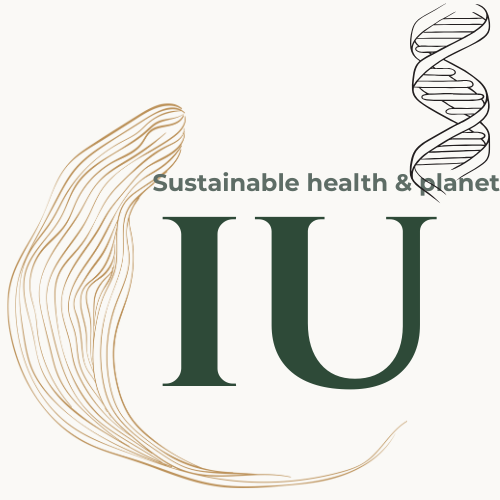Epigenetics and eating locally: How your food choices shape your future
As a nutritionist grounded in science yet inspired by timeless wisdom, I invite you to explore a powerful concept that’s reshaping how we understand health: epigenetics. This fascinating field reveals that our lifestyle choices — including what we eat — don’t just affect us today, but can influence the expression of our genes and even the health of future generations.
What is Epigenetics?
Epigenetics is the study of how environmental factors, such as diet, stress, and exposure to toxins, can switch genes on or off without changing the underlying DNA sequence. Simply put, while our genetic code provides the blueprint, epigenetics acts like a light dimmer — modulating how much or how little certain genes are expressed.
This means that the foods we choose don’t just fuel our bodies but can actively influence our gene expression, impacting everything from inflammation levels to metabolic health, aging, and disease risk.
Why eating locally matters in Epigenetics
Choosing to eat locally sourced, seasonal foods is more than just a sustainable lifestyle choice — it’s a decision with profound implications for your epigenetic health.
Nutrient Density and Freshness: Local foods are often harvested at peak ripeness, preserving their rich nutrient profile. Nutrients like antioxidants, polyphenols, and essential vitamins are crucial in supporting the body's epigenetic mechanisms that protect and repair DNA.
Reduced Exposure to Chemicals: Local farmers tend to use fewer pesticides and synthetic fertilizers compared to large industrial producers. This means fewer toxins that can negatively affect your epigenome.
Seasonal Eating Aligns with Your Biology: Our bodies evolved eating foods available in the local environment at specific times of the year. Seasonal eating supports circadian rhythms and hormonal balance, both of which have epigenetic impacts.
Supporting Biodiversity and Soil Health: Eating locally supports regenerative agriculture and soil microbiome diversity, which influences the nutritional quality of foods and, ultimately, your gut health — a key player in epigenetic regulation.
By investing in nourishing your body with local, seasonal foods, you are honoring a legacy of health and environmental care that transcends generations.
Choosing local isn’t just a trend; it’s a scientifically backed lifestyle choice that respects nature’s rhythms and your body’s intrinsic wisdom.
How to incorporate local eating into your life
Visit farmers’ markets: Connect with growers in your area and discover fresh, seasonal produce.
Grow your own herbs or vegetables: Even a small windowsill garden can boost your intake of nutrient-dense foods.
Plan meals around what’s in season: Embrace nature’s timetable for the freshest ingredients.
Support community-supported agriculture (CSA): Receive regular deliveries of local produce while supporting sustainable farming.
Epigenetics teaches us that we are not just passive carriers of our DNA; we are active participants in shaping our genetic destiny. Eating locally connects us to the earth, enhances our nutrient intake, reduces toxin exposure, and supports sustainability — all of which favor positive epigenetic outcomes.
By choosing local, seasonal foods, you nourish not only yourself but the planet and the generations to come.
